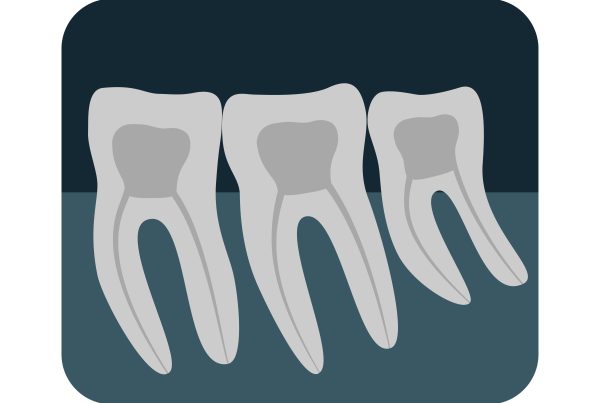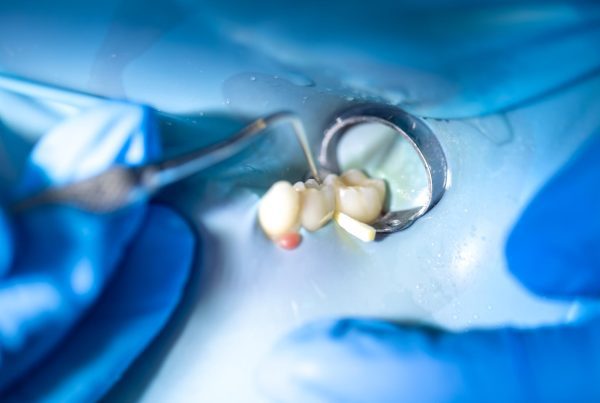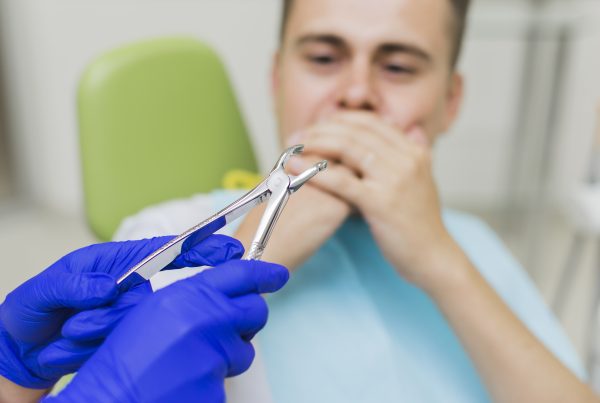Cavities & Wisdom Teeth - An Overview
Cavities, often associated with the teeth's more vulnerable surfaces, can unexpectedly affect even the most secluded corners of the mouth, including the third molars, commonly known as wisdom teeth. The eruption of these teeth during early adulthood often signals a unique set of challenges, including potential complications such as cavities. Unlike their predecessors, wisdom teeth tend to emerge in the far corners of the mouth, often making them challenging to clean and maintain. The occurrence of cavities in these teeth presents an intricate conundrum, necessitating a thorough understanding of the underlying factors contributing to their development, as well as the implementation of targeted preventative measures and treatment strategies. As dental science advances, addressing the specific nuances of wisdom tooth cavities has become increasingly imperative in ensuring comprehensive oral health and well-being.

What are the common causes of cavities in wisdom teeth?
Cavities in wisdom teeth typically result from a combination of factors, including their location and the challenges associated with maintaining proper oral hygiene in these remote areas of the mouth. As the wisdom teeth are the last to erupt, they often struggle to emerge fully, leading to partial impaction or improper alignment. This positioning can create hard-to-reach surfaces that are prone to trapping food particles and bacteria, fostering an environment conducive to bacterial growth and plaque formation. Additionally, the complex anatomy of wisdom teeth, with fissures and crevices that are difficult to clean, can facilitate the accumulation of food debris and plaque, further increasing the likelihood of cavity formation. Furthermore, inadequate brushing and flossing techniques, coupled with a diet high in sugary or acidic foods, can accelerate the demineralization process, weakening the enamel and making the wisdom teeth more susceptible to cavities.
How does the location of wisdom teeth contribute to the development of cavities?
The location of wisdom teeth, nestled at the back of the mouth, often poses a significant challenge in maintaining proper oral hygiene, thus contributing to the development of cavities. Due to their remote placement, these teeth are not easily accessible for thorough brushing and flossing, leading to the accumulation of food particles, plaque, and bacteria in hard-to-reach areas. The proximity to the second molars and the adjacent soft tissue further complicates the cleaning process, making it difficult to effectively remove debris and bacteria. Additionally, the partially impacted or misaligned nature of many wisdom teeth can create irregular surfaces and pockets that are particularly conducive to bacterial colonization, promoting the formation of plaque and ultimately contributing to the initiation and progression of cavities.


What are the symptoms of cavities in wisdom teeth, and how do they differ from cavities in other teeth?
Cavities in wisdom teeth can exhibit similar symptoms to those in other teeth, albeit with some distinctions owing to the unique challenges posed by their location. Common symptoms include localized toothache or pain, sensitivity to hot, cold, or sweet stimuli, and discomfort while chewing. However, due to their position at the back of the mouth, cavities in wisdom teeth may not always manifest obvious symptoms in the initial stages, potentially delaying detection and treatment. Additionally, the discomfort might radiate to the surrounding areas, causing jaw pain, headaches, or even earaches. As the cavities progress, individuals might notice swelling or redness of the gum tissue around the affected area, indicating potential infection or abscess formation. Regular dental check-ups are crucial for the early identification of wisdom tooth cavities, as they may not cause noticeable symptoms until they have reached an advanced stage.
Are there any specific risk factors that increase the likelihood of developing cavities in wisdom teeth?
Several specific risk factors can heighten the likelihood of developing cavities in wisdom teeth. These factors include inadequate oral hygiene practices, such as inconsistent brushing and flossing, as well as a diet high in sugary or acidic foods, which can accelerate the demineralization process of the tooth enamel. Furthermore, the partial impaction or misalignment of wisdom teeth can create inaccessible areas that are challenging to clean effectively, leading to the accumulation of plaque and food debris. Individuals with a history of dental conditions, such as enamel hypoplasia or weakened enamel, may also be at an increased risk. Moreover, certain systemic conditions or medications that cause dry mouth (xerostomia) can diminish the protective effects of saliva, exacerbating the risk of cavity formation in wisdom teeth. Additionally, genetic predispositions to dental issues can also play a role in the susceptibility to cavities in these particular teeth.


What are the available treatment options for cavities in wisdom teeth, and how do they differ from treatments for cavities in other teeth?
The treatment options for cavities in wisdom teeth are similar to those for cavities in other teeth, with some variations based on the specific circumstances. In the initial stages, if the cavity is small and has not affected the inner pulp of the tooth, the dentist may recommend a dental filling to restore the tooth’s structure. However, due to the challenging location of wisdom teeth, accessing and treating cavities can be more complex. In cases where the cavity has progressed significantly or has led to an infection, the dentist might consider a root canal procedure to remove the infected pulp and preserve the tooth. Alternatively, if the cavity has caused extensive damage, tooth extraction may be necessary. Wisdom tooth extraction can be more complicated than the extraction of other teeth due to their position and potential impaction, necessitating specialized surgical procedures. Post-extraction, the dentist may recommend additional measures such as antibiotics or pain management to ensure proper healing and prevent complications.
Can untreated cavities in wisdom teeth lead to more severe dental issues or complications?
Yes, untreated cavities in wisdom teeth can lead to a range of severe dental issues and complications. As the cavity progresses, it can penetrate deeper into the tooth, eventually reaching the inner pulp, leading to pulpitis or even a dental abscess. This can cause excruciating pain, swelling, and infection, which, if left untreated, can spread to the surrounding tissues and even the bloodstream, potentially leading to systemic infections. Furthermore, the infection can result in the destruction of the surrounding bone and tissues, potentially causing damage to adjacent teeth and necessitating more extensive dental treatments, such as root canal procedures or surgical interventions. In some cases, untreated cavities in wisdom teeth can also contribute to the development of periodontal disease, leading to gum inflammation, recession, and bone loss in the surrounding area. Early detection and timely treatment of cavities in wisdom teeth are crucial in preventing these more severe dental issues and their associated complications.





